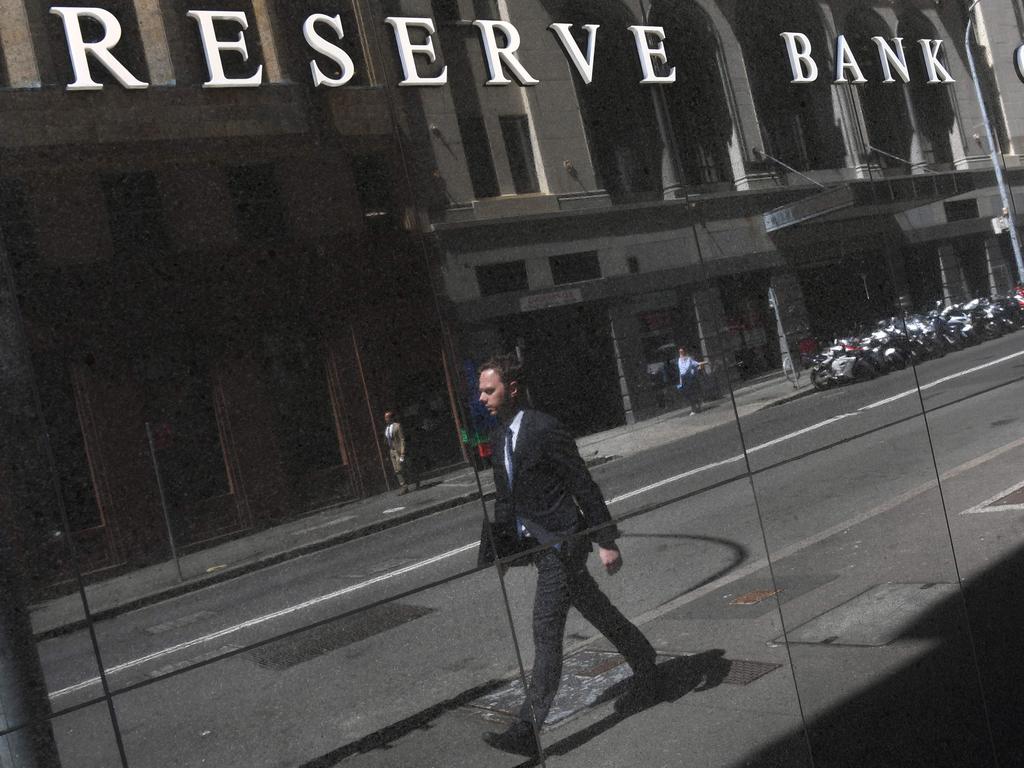Inflation, rate fears cause CFO confidence to plummet: Deloitte
A new sentiment survey reveals rising costs and higher interest rates are now the biggest concerns for Australian CFOs, leading to a gloomy outlook.
Rising costs and higher interest rates are now the biggest concerns for Australian CFOs, leading to a gloomy outlook characterised by risk aversion, investment cuts and potential lay-offs, according to a new survey.
A sentiment survey of 84 chief financial officers by consulting services firm Deloitte found pessimism among the executives has risen in almost every measure, with drops in confidence both about the economy and their own company’s financial prospects.
“We’ve had an economy that has slowed down through the course of the year – some sectors have been in trouble for a while, but I think we are now seeing in the second half of the year that is bleeding into the broader business sector,” said David Rumbens, an economist and partner at Deloitte Access Economics.
“So CFOs generally, as it shows in this survey, are very pessimistic about the forward economy.”
Net optimism among CFOs surveyed between October 26 and November 9 about the financial prospects of their companies fell to 27 per cent, down from 30 per cent in the survey conducted in the first half of the year.
Their answers also reflect Australia’s weak economic prospects are weighing on their minds, with net pessimism in this measure rising to 31 per cent, up from 29 per cent among those who answered between May 31 and June 19.
The survey results come as national account figures last week revealed the Australian economy “hit the wall” in the three months to September, as household spending collapsed under the weight of cost-of-living pressures, soaring interest payments and the heaviest tax burden in history.
The nation’s finance managers are no longer most worried about being able to find and keep talented workers, with the impact of inflation and interest rates their topmost worry.
When asked about the risk of most concern over the next 12 months, inflation topped the list of worries, chosen out of a prompted list by 67 per cent of respondents.
That is up from 57 per cent in the first half results, when most CFOs (71 per cent) said the key factor posing a significant risk to their business would be securing and retaining key talent. That issue was now only selected by 46 per cent of respondents.
This anxiety over higher inflation also means many finance executives are resigned to the view that interest rates are going to stay higher for longer in Australia.
Only 38 per cent of CFOs surveyed believed interest rates would be lower this time next year compared to 49 per cent in the previous survey.
With most CFOs expecting expenses to increase in the next 12 months, the bearish mood is now also affecting their investment decisions, Deloitte said.
“I would characterise this as CFOs are now taking some action to insulate their businesses from the difficult economic climate,” Mr Rumbens said. “In doing so, they are still relatively optimistic about their own business.”
But the proportion of CFOs looking to invest more fell to a net 4 per cent, down from the 42 per cent net expectations for capital expenditure in the previous half. While the share that is looking to reduce their employee headcount has increased to 40 per cent from 26 per cent previously.
“That’s quite a shift on those two measures on the actions that businesses are taking,” Mr Rumbens said.
Reserve Bank governor Michele Bullock has recently said the jobs market has started to turn, and while the country’s unemployment rate remains near 50-year lows, the sharp increase in interest rates is intended to slow the economy and push unemployment higher in coming months.
When asked about their risk appetite, just 14 per cent of CFOs said they thought now is a good time to take on risks, the lowest in more than a decade.
Not surprisingly, CFO priorities are controlling costs (61 per cent), revenue growth (51 per cent), productivity improvements (43 per cent) and a focus on their core business (33 per cent).
For the first time, the survey asked CFOs about their expectations as to what generative artificial intelligence would have on their companies and their jobs. The results show the majority (57 per cent) believe it will “transform” their industry within the next five years. The vast majority (71 per cent) believe their own business will be transformed over the next five years by the technology too, the results show.







To join the conversation, please log in. Don't have an account? Register
Join the conversation, you are commenting as Logout